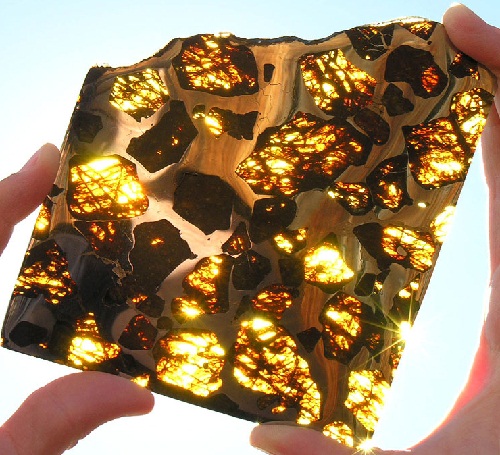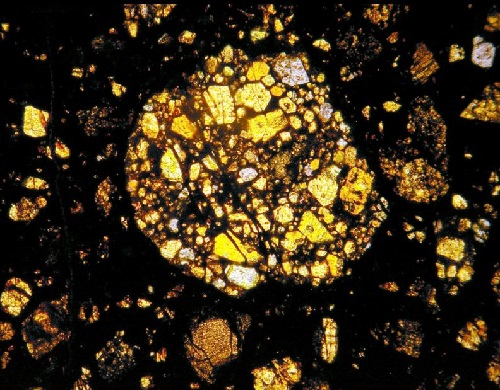Beautiful images of Chelyabinsk meteorite
Beautiful images of Chelyabinsk meteorite
Russian photographer Marat Akhmetvaleyev, 31, is the only lucky person who has managed to take beautiful and professional shots of the flying meteorite, the moment of explosion. His photographs are sensational. That idyllic morning, quiet and peaceful, he was taking landscape pictures at the moment of appearing meteorite in the sky. His thoughts were confused and spontaneous. The first thing he thought – it’s a nuclear bomb.
Then he remembered about the media reports about a possible asteroid and its approach to the Earth. Then there was the idea of an airplane that crashed. At the time of bright light, he felt a strong pain in the eyes of intolerable glare. Then, 2 minutes after the flash, there was a series of explosions – the sound was clear and very powerful.
The first explosion was very strong. Immediately after a series of bombings over the pine forest, a large number of birds rose up and flew in all directions. Heartbeat, breathing, and hand tremors only strengthened. Shock was even greater. “I can’t say it was all that professional. I just did everything automatically”, says The results are stunning. Breathtaking.
When a chunk of material, ice or rock, plunges into Earth’s atmosphere and burns up in a fiery display, the event is a meteor. While the chunk of material is still in space, it is a meteoroid. If a portion of the material survives passage through the atmosphere and reaches the ground, the remnant on the ground is a meteorite.
Meteorites found on Earth are classified into types, depending on the composition: irons, those composed chiefly of iron, a small percentage of nickel, and traces of other metals such as cobalt; stones, stony meteors consisting of silicates; and stony irons, containing varying proportions of both iron and stone.
Serious study of meteorites as non-earth objects began in the 20th century. Scientists now use sophisticated chemical analysis, X-rays, and mass spectrography in determining their origin and composition. Sporadic meteors, which enter the atmosphere throughout the year, seem to originate from the asteroid belt. Other meteors that come in groups and tend to occur at the same time each year create what are called meteor showers; these are the meteors, associated with comets.
The largest known meteorite, estimated to weigh about 55 metric tons, is situated in Hoba West near Grootfontein, Namibia. The Manicouagan impact crater in Quebec, Canada, with an estimated diameter of 60 mi, is one of the largest crater structures still visible on the surface of the Earth. Other large impact craters include the Vredefort crater in South Africa at 185 mi across; the Sudbury crater in Ontarioo, Canada, estimated at 125 mi across, the Chicxulub crater in Yucatan, Mexico, at 105 mi across, the Woodleigh crater in Australia, at 75 mi across; and the Popigai crater in Russia, at 60 mi across.
Beautiful images of Chelyabinsk meteorite

Chebarkul – the most common type of geological meteorites. The name is derived from the mineral “chondrules,” which refers to a circular formation within a solid unit

That idyllic morning, quiet and peaceful, he was taking landscape pictures at the moment of appearing meteorite in the sky
marateaman.livejournal.com






















